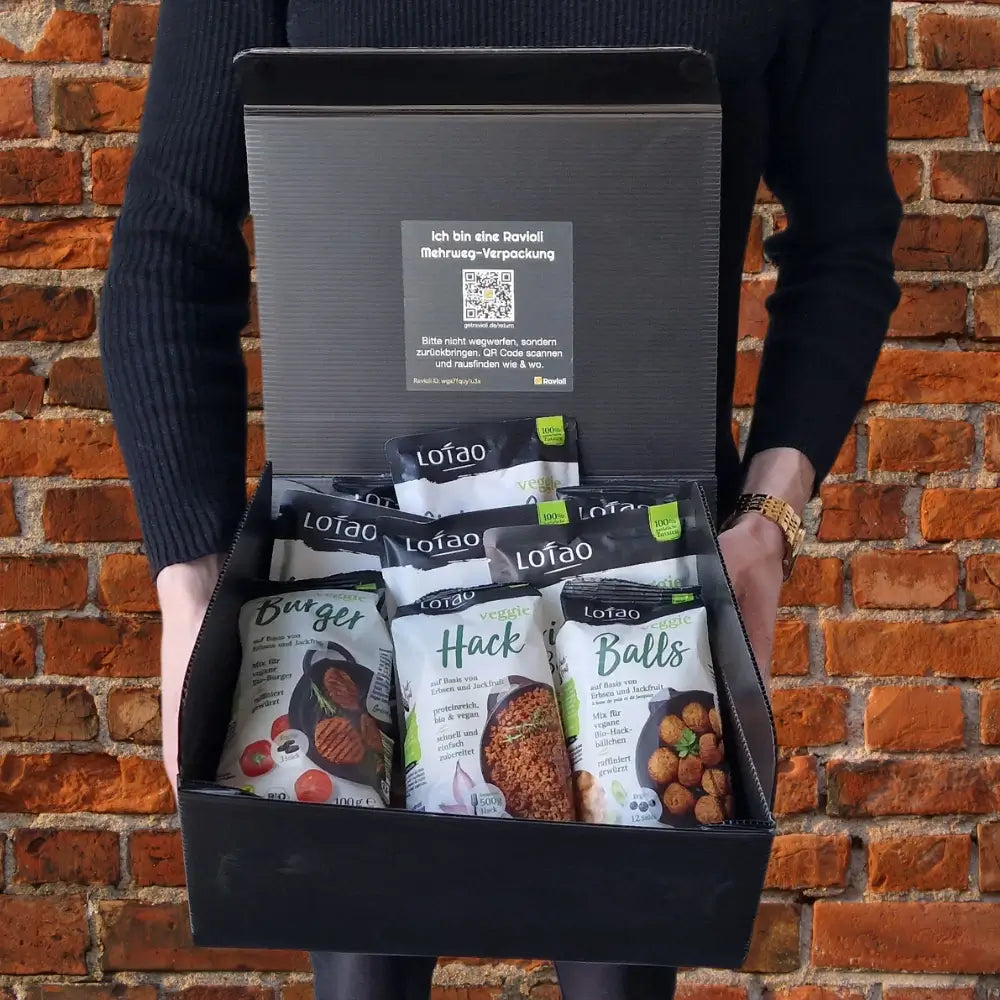What do companies like BASF, Bayer, the seed manufacturer Europlant or the chemical company Syngenta have in common? They all belong to the German Food Partnership (GFP) – an organization founded in 2012 that promotes sustainable agricultural projects. Two main projects of the German Food Partnership are “Rice in Africa” and “Rice in Asia” - this is an opportunity for critical consideration:
A new vision for agriculture!
It all started in 2010, when the World Economic Forum made a decision to “fundamentally change agricultural production systems”. The goals included reducing climate-damaging emissions and reducing the number of people living in poverty. Small farmers should be supported, food waste should be combated and usable areas should be expanded responsibly. The German Food Partnership (GFP) was then founded with the aim of creating shared value and promoting innovative, sustainable approaches. But: Organic farming companies are still not represented in the German Food Partnership. The International Federation of Agriculture Movement (IFOAM) is not involved. There are no references to alternative, sustainable cultivation methods such as System of Rice Intensification (SRI). Also, no organizations that set standards and guidelines, such as the “East African Organic Products Standard,” are partners of the GFP.
A lot of money for world improvement and sustainability?
The Oxfam organization states that a total of 80 (!) million euros will be made available for the German Food Partnership projects. Approximately 36 million euros of this will go to the two affected rice projects - with the focus being on increasing productivity and training measures for farmers, among other things. For this purpose, television campaigns are even being carried out in Asian and African countries.

Who will tell this rice farmer?
Further links: German Food Partnership http://www.germanfoodpartnership.de Council for Sustainable Development www.nachhaltigkeitsrat.de Oxfam Germany www.oxfam.de



































Leave a comment